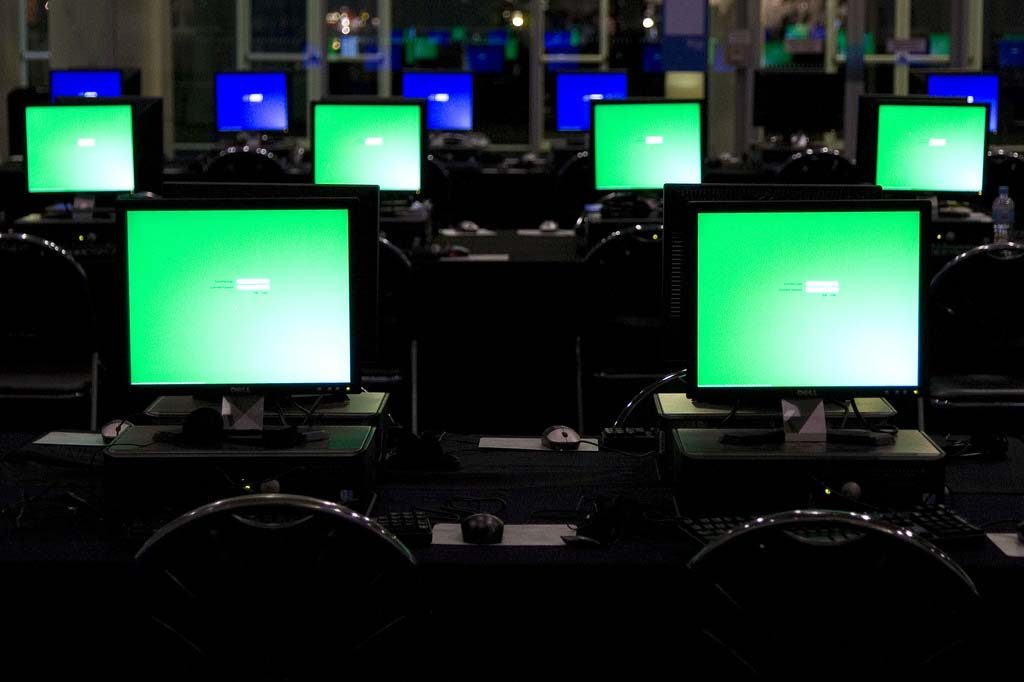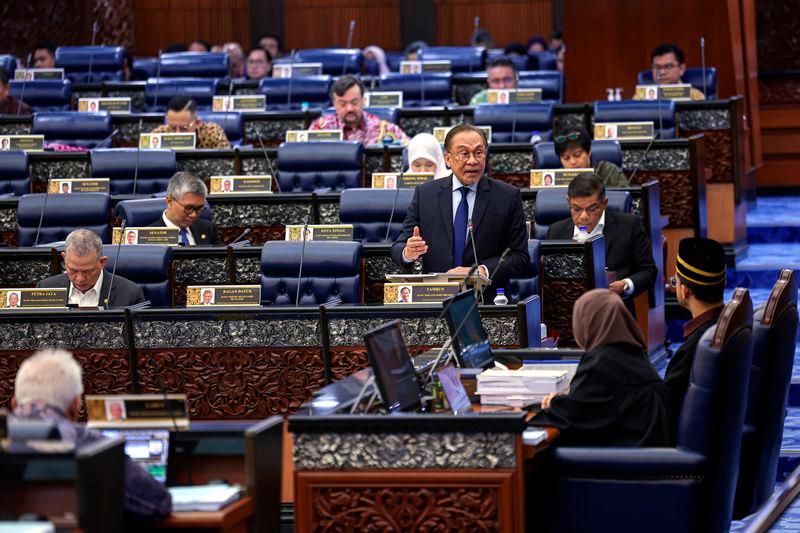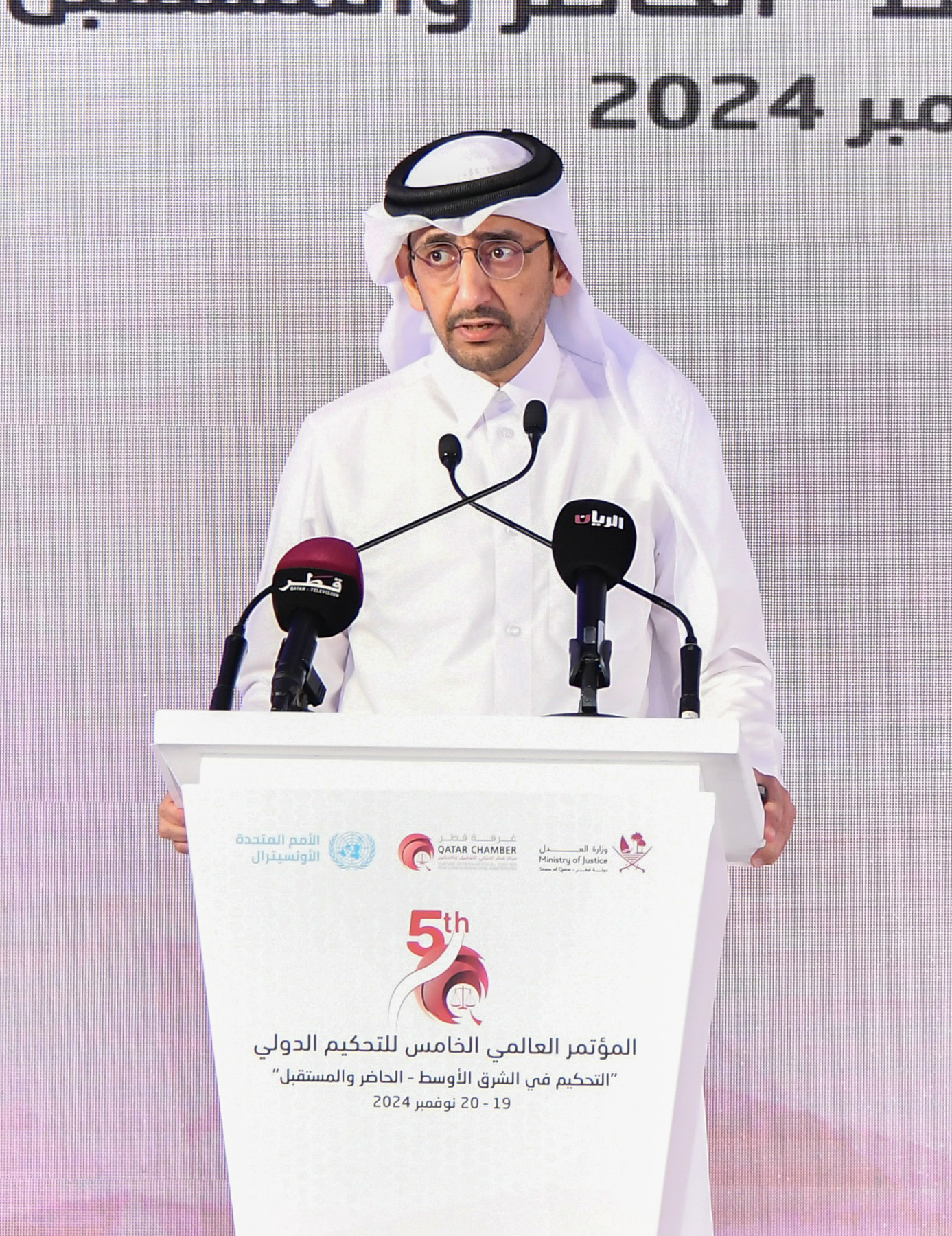
Qatar’s Ministry of Interior (MOI) has opened a new security monitoring and counter-cybercrime headquarters to investigate what appears to be a growing number of digital offenses in the country.
In a statement this week, the government said the new center would have monitoring capabilities aimed at providing police officers “data and security intelligence, which helps in quickly capturing criminals and preventing crimes.”
Additionally, those working at the new security center will be able to help deploy security patrols to “specific locations in order to secure a geographical area.”

The government did not disclose what investigative or surveillance tools the new center would use.
However, as in many countries, Qatar residents are increasingly finding themselves under the eyes of CCTV cameras when they leave their homes.
By law, such cameras must be installed in residential compounds, hospitals, malls, banks, hotels, warehouses and other locations in Qatar.
In 2014, several hypermarket managers told Doha News that they were instructed by authorities to install cameras covering their entire parking lots.

While these cameras are not typically monitored directly by police, so-called “smart” cameras have been deployed along the country’s roads to keep an eye out for traffic offenses.
Additionally, Labor City – a sprawling complex for blue-collar workers near the Industrial Area – is blanketed with CCTV cameras that feed into an on-site security office.
Online surveillance
CCTV cameras offer one visible clue in terms of Qatar’s strategy for monitoring residents. There are signs that authorities are also interested in being able to intercept electronic conversations and correspondence.
Wikileaks reported in 2014 that Qatar’s State Security Bureau has been a customer of a German technology firm that sells software used to secretly monitor emails and other forms of online communication.

Facebook, meanwhile, has said it receives few official requests from authorities in Qatar to turn over data on its users.
In terms of telecom firms, Vodafone has previously stated that it is prohibited by law from saying how many orders it receives from the Qatar government to disclose information about its clients, but added that authorities have the right to demand unfettered “access (to) confidential information or communication relating to a customer.”
Part of the new MOI center’s mandate involves “checking electronic devices” as well as gathering evidence in cybercrime investigations.
While Qatar’s new cybercrime law has been on the books for more than a year, there have been few reported cases of individuals being prosecuted under the new measures and no publicly disclosed instances of clandestine electronic police monitoring.

Most cases so far have involved individuals complaining about receiving insulting messages through social media. Other known cases involving online activity have stemmed from publicly posted YouTube videos and Facebook comments.
The opening of the new counter-cybercrime center comes as Qatar is also working to protect itself from hackers.
Qatar was the victim of several high-profile cyber attacks in 2012 and 2013, including the hijacking of Qatar Foundation’s social media accounts by individuals loyal to Syrian president Bashar Al Assad as well as an attack that took down the corporate computer systems and website of Qatar’s RasGas that experts later blamed on Iran.
In the following years, Qatar introduced new penalties for hacking into government networks and prepared a National Cyber Security Strategy.
Thoughts?







